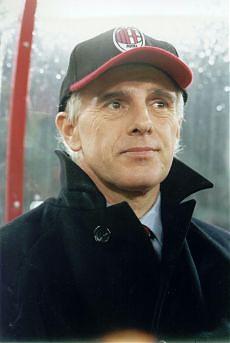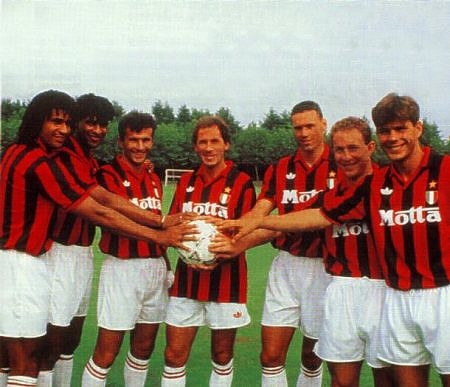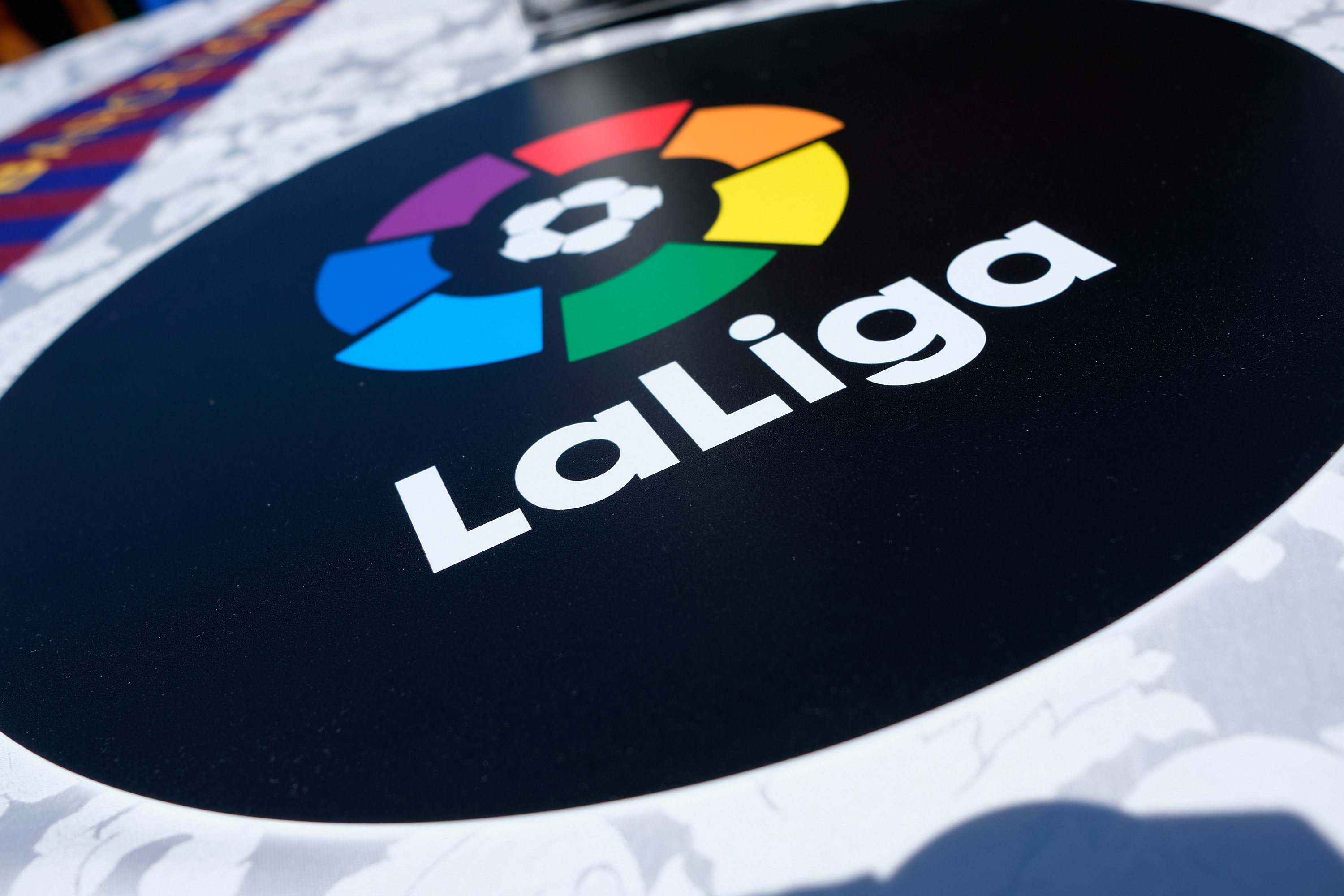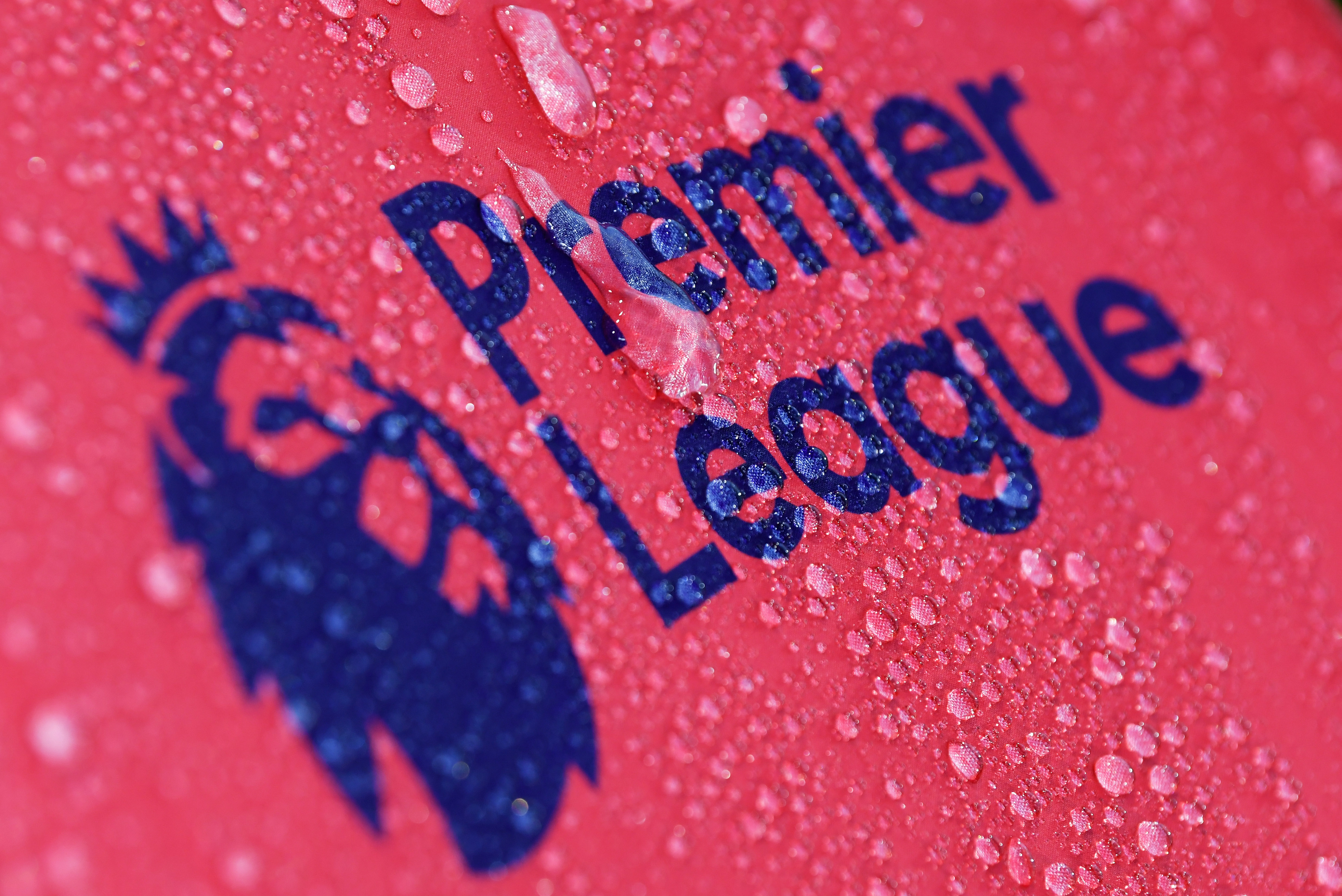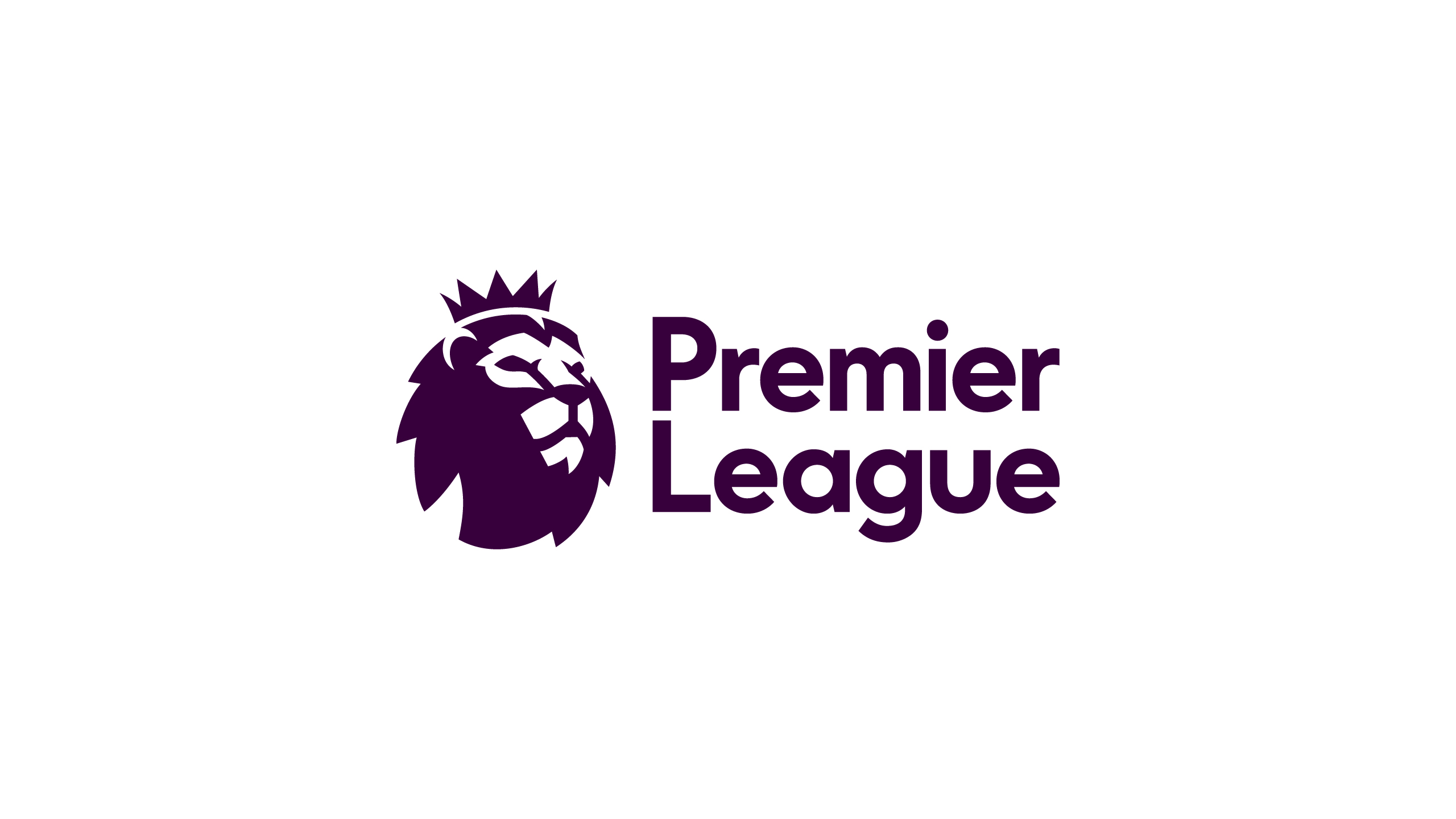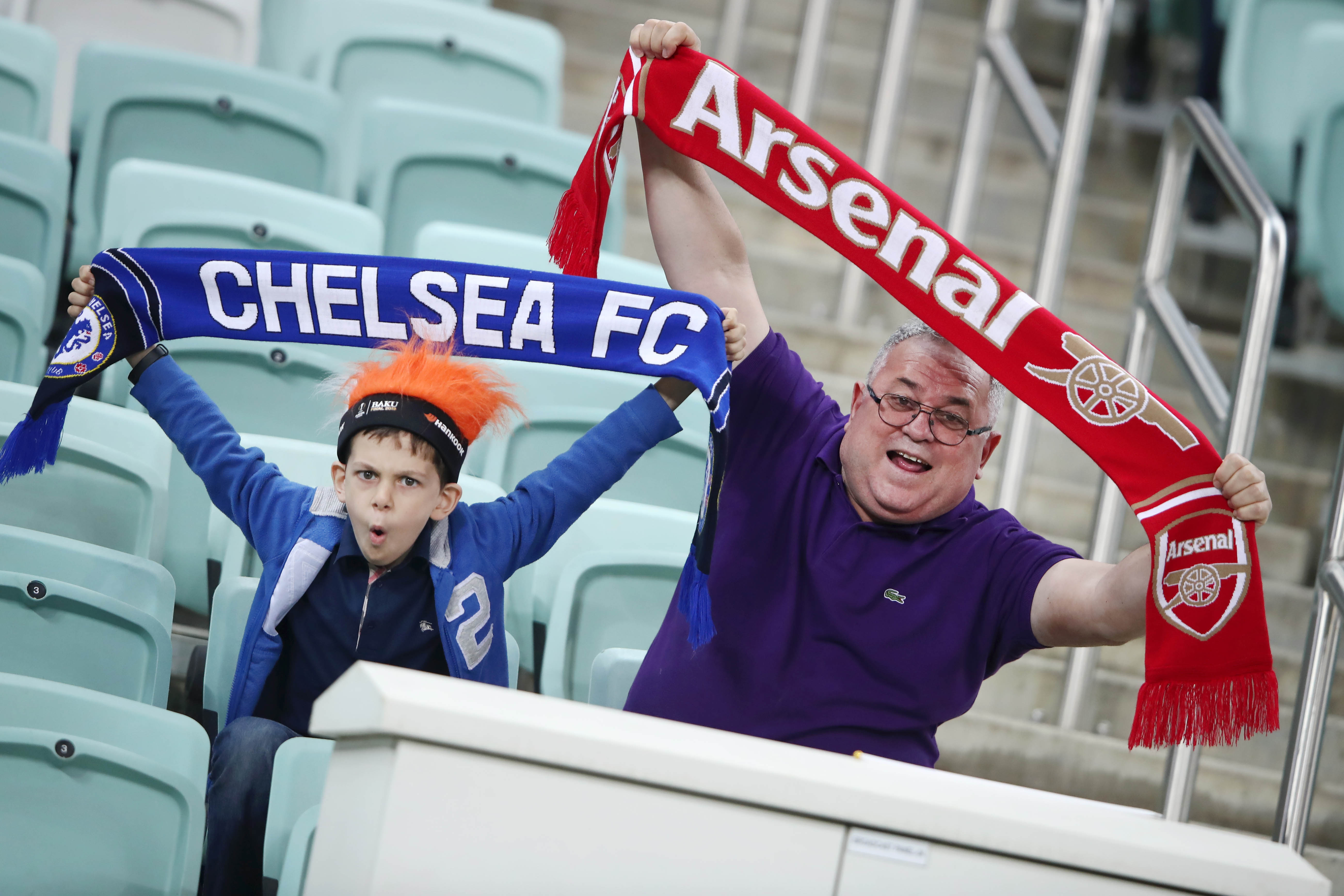If someone sat down to write the biography of Sacchi, it would surely be filled with his anecdotes, which have left an indelible mark on global football. But before we delve into how he turned a group of unmanaged players into one of the best teams in history, we need to look more closely at the person himself.
Teams come and teams go, but the one that lingers on is the team which flirted with greatness, the team which rose above others and not only dominated on the pitch, but gave “90-minutes of joy” to the people watching it. Sacchi wanted his team to be like that. Domination comes gradually, but the joy of playing needs to be incorporated into the bloodstream from day one. Otherwise, it would be reduced to a robotic display of precision and accuracy.
Sacchi’s love for football was apparent at an early age, but he was never good at it. In fact, he wasn’t even good enough for his local club, Baracco Luco. But he did not allow his inability on the pitch to become a barrier to him. He realized his dream was not to play football on the pitch, but to control the events on it from outside the touchline.
“Great teams not only need to win, they need to entertain.”
It was very clear from his early days, that Sacchi was not the one to manage a team that would like to sit back and defend. He would not go on to become a stereotype defense-minded manager as most of his contemporaries during those days. Sacchi grew up admiring the attacking sides of the past and his heart warmed to the great Holland side of Rinus Mitchels and not to sides led by Nereo Rocco or Helenio Herrera. His visions echoed those of Valeriy Lobanovskyi. Sacchi’s disregard of individuals and affinity towards a “system-based” coaching method led to conflicts, but more on that later.
It was Sacchi’s stint with Parma which brought him to the Milan shores for the first time. More importantly, it was Milan’s consecutive loss to Sacchi’s Parma, which caught Berlusconi’s eye. His Parma embodied his idea of attack accompanied with a sound defense. After taking Parma from Serie C1 to within three points of Serie A in 2 years, Sacchi joined Milan in 1987. The team then was still recovering from the Totonero match-fixing scandal and quite honestly, was not at all a force to reckon with, not in the Italian League and not at all on the European front.
Sacchi provided this team direction, he made them follow his vision, he transformed this “group of individuals” into a formidable force, and more importantly, to the rest of us, he gave a team which we can fondly reminisce about. But his path to glory was not an easy one. He was blessed to have talented individuals in his team, but as they say “Football is a team game. Not a one man show“.
The start to his tenure in Milan was not an auspicious one, as they went on a losing spree. But that was not a fault of either the players or the coach. It was due to the change in preparation that Sacchi had introduced. The workload was bit too much to take for the players initially and it made them lose those initial few matches. Most notable loss was the one to Espanyol by a margin of 0-2. But the club did not lose hope in the players, and more importantly, they never lost hope in their manager.
Pretty soon, the seeds that Sacchi planted at Milan began to bear fruit as they suddenly sprang back into life. The match against Verona proved to be the turning point, as the players battled to a 1-0 victory. Virdis’ header started Milan’s dominating run in the League. After that, they went on to register consecutive victories over Inter, Napoli and Juventus. Napoli was the top dog then, led by none other than Diego Maradona. So it goes without saying that Milan’s 4-1 victory over Napoli was more than a victory for the Rossoneri.
According to Sacchi, playing against Maradona was like playing against time. If one did not score quickly enough, Maradona would. Salvatore Bagni, the Napoli midfielder who played in that match, said that match could have easily ended as 30-1. So dominant were Milan in that match, that Napoli was forced to play as Milan dictated them to, not as they planned to. Sacchi’s idea was finally proved. The dream was on. In the return fixture, which effectively decided the fate of the Scudetto, Milan pipped Napoli 3-2 to win their first League title after 9 long, painful years. That title was also the first for Paolo Maldini, an academy product and one who was destined for everlasting greatness.
Milan was now ready for Europe, and 1988-1989 proved to be perfect year for them to embark on their glorious run. Vitosha Sofia provided little resistance in first round, as compared to Red Star Belgrade. After both the legs ended on a 1-1 stalemate, the match was decided on penalties. Milan progressed with a 4-2 aggregate. The semi-finals presented the Milan team with Real Madrid, a team whose pedigree on the European front was known worldwide.
After a 1-1 draw at the Bernabeu, Los Blancos visited the citadel now known as San Siro. Ancelotti’s superb goal from a long shot was the beginning of a horrible night for Madrid. The jubilant celebrations that followed Carlo’s goal were attended by not only all the players, but also almost the entire bench. Rijkaard and Gullit scored also before half-time, and after the game resumed, blows from Van Basten and Donadoni rained on whatever remained of the legendary Spaniards. The final against Steaua Bucaresti was an easy affair as Milan ran out 4-0 winners to claim the European Cup after 24 years. Milan also went on to win the European Super Cup and the Intercontinental Cup, all under the tutelage of Sacchi.
The next season was almost similar to this one, with Napoli and Milan again going head to head to claim top spot in Italy. All throughout the season, these two teams fought tooth and nail. In the second-last game of the season, Milan played Verona in an away match. Taking the lead through Simone’s goal, Milan seemed destined to Championship glory, but then disaster struck. Due to some horrible referring decisions, Sacchi, Rijkaard, Van Basten and Costacurta were sent off one after another. And so went up the hopes of another League title. But on the European front, Milan slayed all that laid before them to claim their second European Cup in as many years. Sacchi had brought a team back from the dead and transformed them into one of the best teams to have ever played the game.
The 1990 European Cup win did not possess the spark of the earlier win, as Milan, in spite of not playing their usual self, somehow managed to pull themselves across the finishing line. Due to some unstated reasons, Sacchi fell out with Van Basten, and with his increasing likeness for the post of the Italian national coach, Capello soon found himself being included in the backroom staff. However, this was not the first, as Sacchi then fell out with Roberto Baggio as coach of the national team too.
Those magical years when Arrigo Sacchi was the manager of Milan were probably the best days in the history of the great club. But like all good things, it had to come to an end. Sacchi moved on to greener pastures, leaving Milan in the very able hands of Fabio Capello, and the rest they say, is history.
